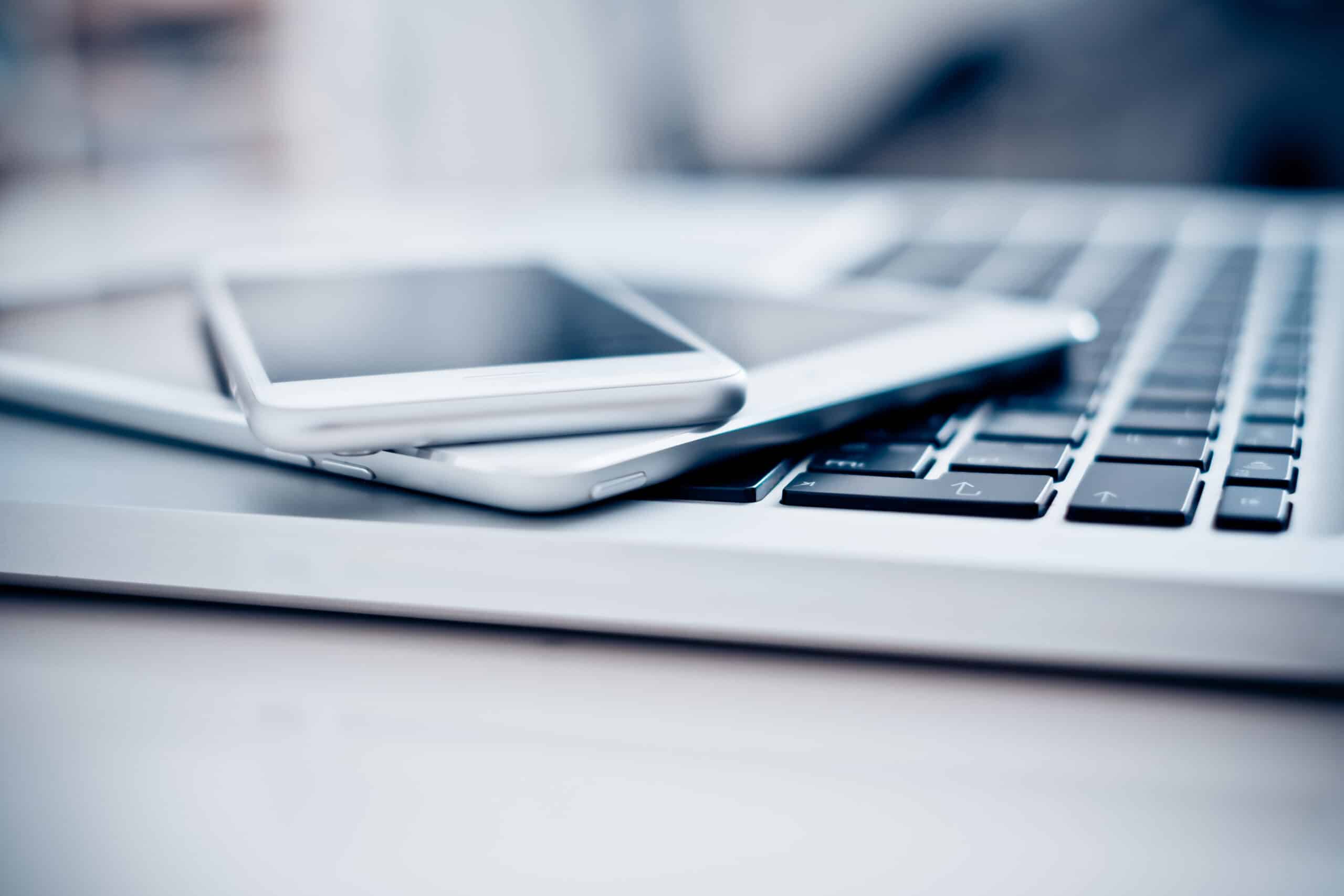Reduced Overall Health Costs
In general, healthcare is expensive for both patients and providers. Parties require resources to receive and provide healthcare services. Fortunately, healthcare apps can help in this aspect.
According to a UK study, telehealth apps could reduce resource strain on general practitioners by up to 73%. The same study also showed that employers who used healthcare apps experienced increased productivity levels and saved up to $317 million.
Additionally, a Harvard Business Review reported that frequent use of healthcare apps for primary care could help the US save up to $10 billion. A European Union report in 2020 also predicted that the use of wearable AI apps could help reduce healthcare costs by at least $188 billion annually.
As healthcare apps offer more features, patients and providers are expected to save more in the long run.
Easier Collection and Management of Data
Healthcare providers need access to accurate data to monitor the wellness of patients, as well as provide treatment to patients. Healthcare apps make it easier for providers to achieve these goals.
For instance, there are now healthcare apps made specially to monitor cardiac patients daily. This app delivers medical-grade, accurate EKG in less than 60 seconds. As a result, physicians can provide real-time reporting and analysis for cardiac patients.
And even though providers have access to patient’s data, there’s no need to worry as there are now digital solutions that support individual ownership of healthcare information. For example, with JennyCo, you get to decide who can and can’t access your healthcare data.
Long Distance Medical Treatments
There will be instances when a patient becomes critically ill, and medical centers are too far away. With healthcare apps, everyone can get access to medical professionals regardless of the location and time of the day.
Healthcare apps offer different channels for patients and providers to communicate in real-time. For instance, patients from far-flung areas can use live video consultation — a common feature in many healthcare apps — to coordinate with their doctors to create a plan of action based on their health needs.
Improvement in Patient Engagements
Someone ill will experience problems at hospitals, clinics, and medical centers like high fees, long queues, and busy waiting rooms. It can be frustrating going through all that hassle every time you need to see your doctor.
By using healthcare apps, patients can avoid these challenges and have a more hassle-free experience when needing non-emergent medical attention. Healthcare apps now allow patients to schedule appointments with their doctors without the need to visit their clinics. Some healthcare apps also enable patients to order medicine online and have it delivered to their doorsteps. These features make it easier for patients to engage with their healthcare providers.
Hassle-Free Payments
Gone are the days when paying medical bills was a stressful and time-consuming process for patients and hospital staff. Thanks to healthcare apps, patients can pay their outstanding bills within minutes. This saves the hospital staff plenty of time and effort every day.
Healthcare apps offer highly secured payment gateways, enabling patients to pay using their debit or credit cards or connect directly to their insurer. Instead of spending hours in long lines, patients can now settle their medical bills with a few clicks.
Encourage Healthier Lifestyles
A lot of people want to live a healthier lifestyle but fail as they don’t know how or where to start. This dilemma will soon become nonexistent when healthcare apps become a part of societal norms.
Healthcare apps are becoming more and more versatile today, as some are designed to encourage people to stay in shape, follow a specific diet, improve their sleep cycle, and exercise regularly. These apps help users track their food intake, sleep quality, body mass, blood pressure, and other personal data. Having access to this data enables individuals to set and follow realistic fitness goals.
Use the Right Healthcare App
Healthcare apps are definitely here to stay. So, whether you’re a patient or provider, it’s best if you start looking for the right healthcare app that fits your needs. The sooner you do this, the more features you get to enjoy!




